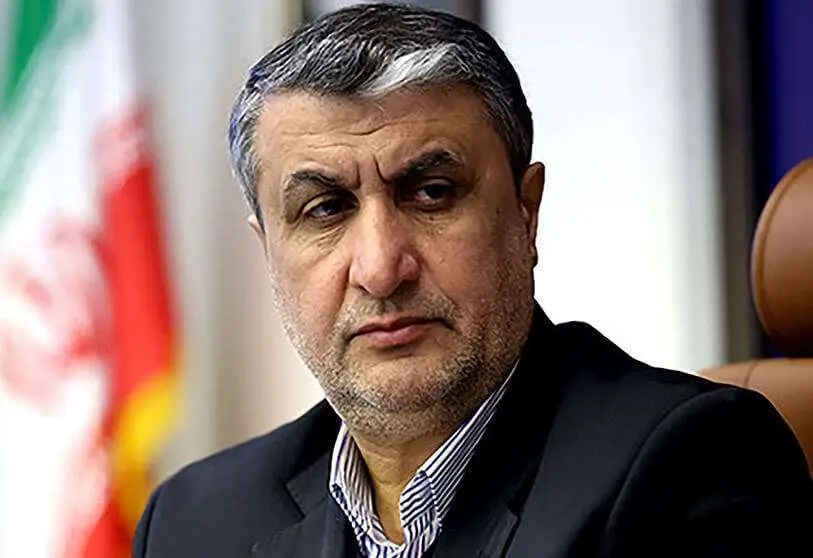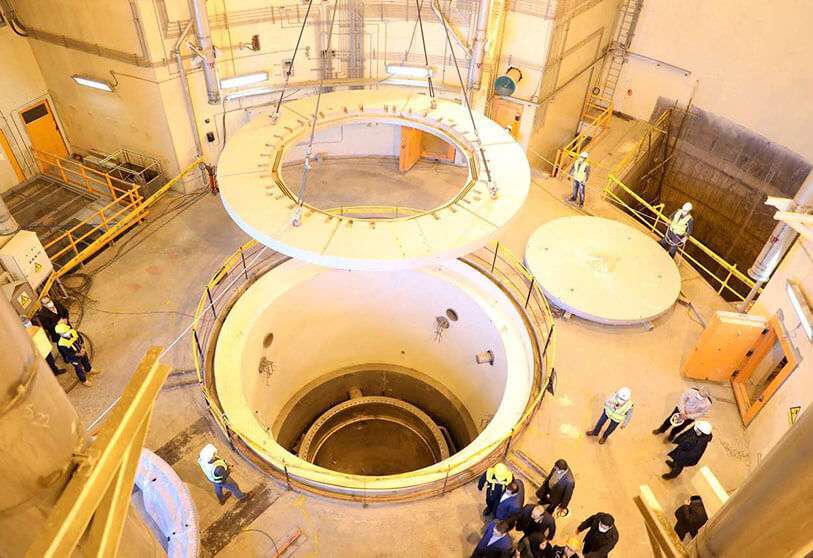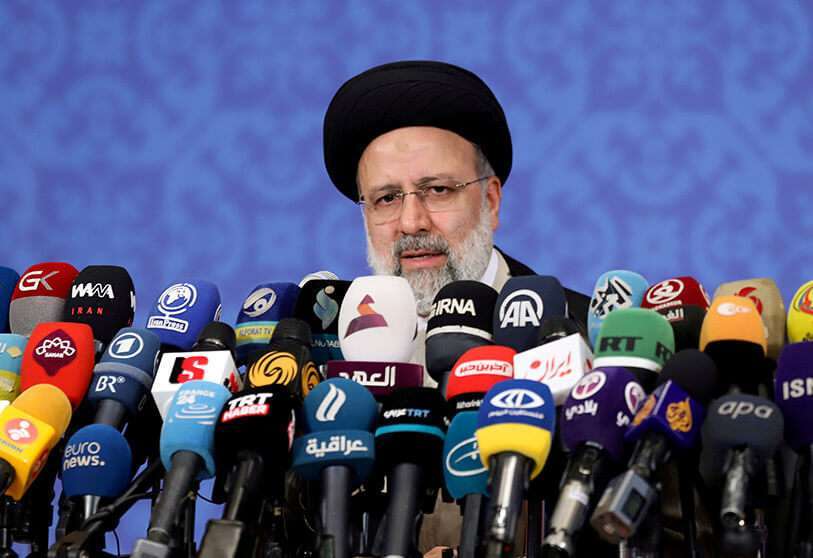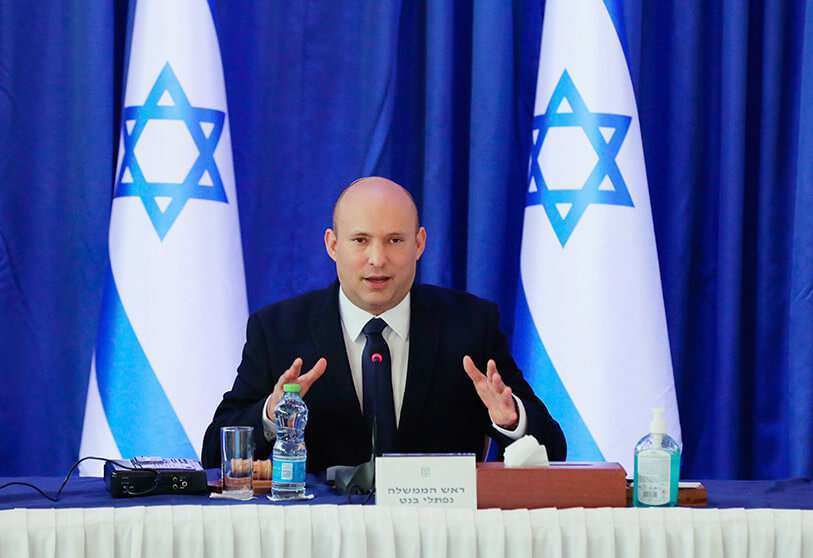Iran produces more enriched uranium than the UN reported last month

Far from bringing closer together positions on the return to the Joint Comprehensive Plan of Action (JCPOA), which Donald Trump blasted in 2018, the obstacles continue to make it practically impossible to reach a meeting point. Just when it seemed that, after the Vienna meetings, there might be a glimmer of a minimum rapprochement, the coming to power of Ebrahim Raisi dashed hopes of a return to the JCPOA. Indeed, negotiations on the agreement were scheduled to resume last September. However, Tehran continues to drag its feet and the last time it referred to the negotiations it put them back to November.
The June talks ended with zero productivity. The demands of both sides left the agreement as it was, i.e. without any validity whatsoever. Iran was not allowed to enrich uranium above 3.67 per cent, but since its exit it has enriched up to 60 per cent. The latest report by the International Atomic Energy Agency (IAEA) claimed that the Iranians had a stockpile of 20 per cent enriched uranium amounting to 84 kilos - three months earlier it was 62 - but now Iran's nuclear energy chief, Mohamed Eslami, says they have "more than 120 kilos of 20 per cent enriched uranium".

Eslami said in an interview with state television that according to the 2015 agreement - after skipping it for three years, they are using it as an excuse - the signatory countries were supposed to provide the 20 per cent uranium needed for their research reactor. The head of Iran's Atomic Energy Organisation claims that "it was not delivered" and that "if we had not produced it ourselves, this would have become one of our problems". On the other hand, the IAEA warned in its latest report of the increasingly feasible possibility of Iranian nuclear weapons production, which requires uranium enriched to around 90 per cent.
Despite the willingness of the UK, France, Germany and even China and Russia to secure the deal after the US exit, Iran has systematically and deliberately bypassed the restrictions imposed by the JCPOA to which it is now appealing to increase its uranium stockpile to 20 per cent. Meanwhile, the major powers stand idly by, something harshly criticised by Israeli Prime Minister Naftali Bennet: "The world is now waiting for Tehran's decision on whether to return to the nuclear deal or not. Unfortunately, the Iranians have achieved in the last three years a quantum leap in their ability to enrich uranium".

Bennet believes that "the Iranian nuclear programme has reached the most advanced point" and "the world is waiting and the Iranians are procrastinating and the centrifuges are spinning". He warns of the danger of giving room for manoeuvre to a regime like the one in Raisi and from an Israeli perspective says that "Israel's responsibility is to make sure, with actions, not words, that Iran will never have a nuclear weapon. A nuclear weapon in the hands of an extremist and violent regime like the Iranian regime will change the face of the region", as he believes that this is not only a strategic conflict but a security issue for all neighbouring countries.

Despite the complexity of an increasingly worrying issue, the IAEA limits itself to criticising the opacity of Iran's actions. "The Agency's confidence that it can maintain continued knowledge (of Iran's nuclear activities) is deteriorating over time and has now deteriorated even further," they say, adding that "that confidence will continue to be lost unless the situation is rectified immediately by Iran". This is unlikely to happen, despite numerous Iranian declarations that they are committed to maintaining a relationship of trust with the IAEA.
The clear indication of this is that only a month after the IAEA report, Iran's atomic energy chief claims to have reserves 50% larger than those stipulated in the document published by the top international nuclear watchdog. There is no evidence - and no intention - to suggest that Tehran is willing to put an end to uncontrolled uranium enrichment, but rather that the rift between Iran and the IAEA will continue to widen.








